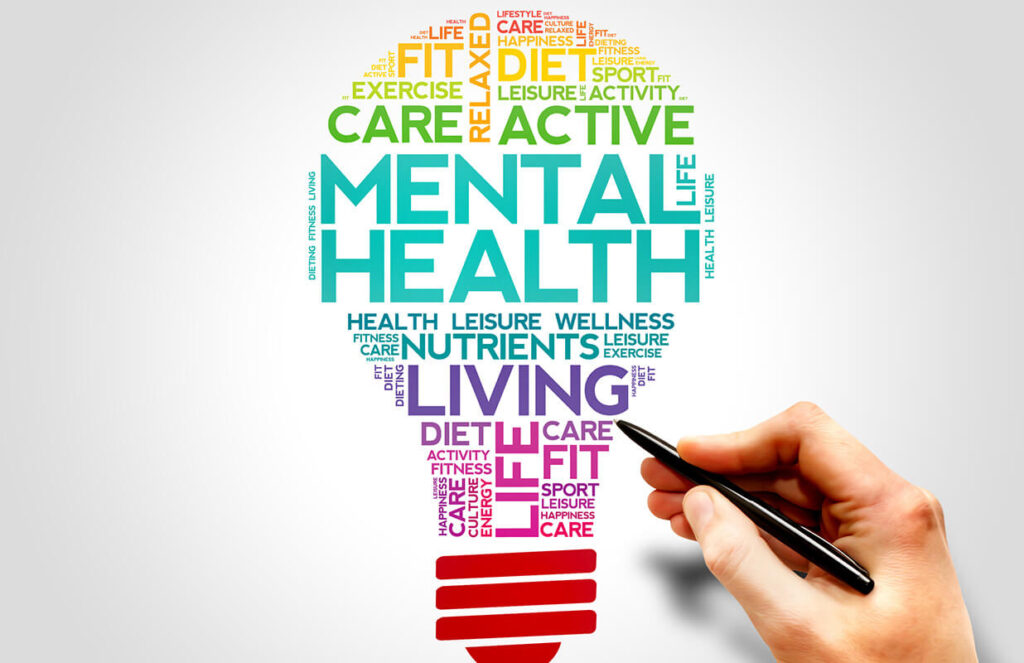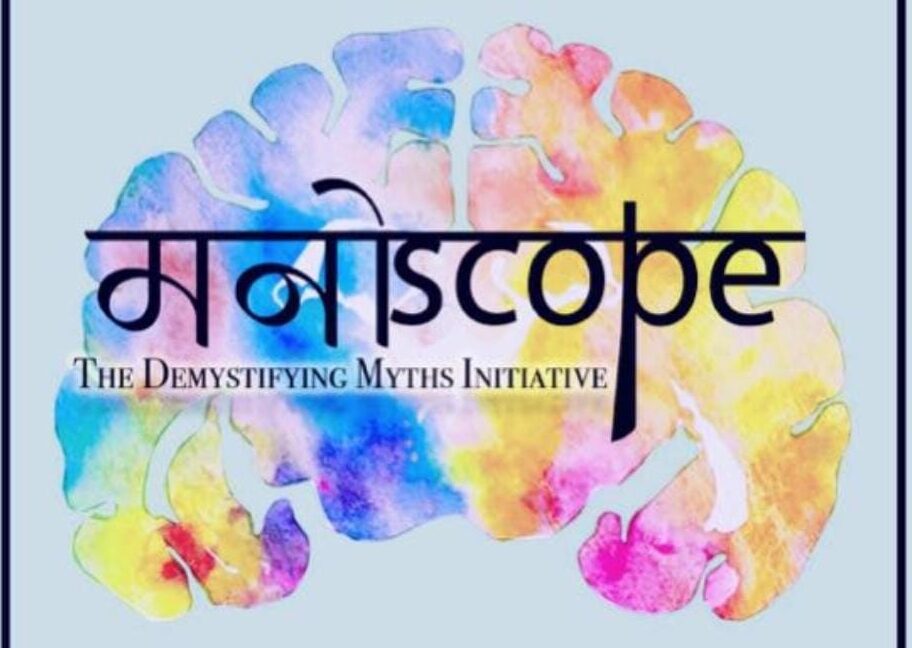Mental health refers to a person’s overall psychological well-being. It encompasses an individual’s emotional, social, and cognitive well-being, and is a fundamental aspect of their overall health. While physical health is typically easier to identify and measure, mental health can often be overlooked or stigmatized, leading to negative consequences for individuals and society as a whole.
Mental health is a critical component of a person’s overall health and well-being. It affects how individuals think, feel, and act, and it plays a significant role in their ability to cope with stress, maintain relationships, and achieve their goals. Poor mental health can have severe consequences, including depression, anxiety, substance abuse, and suicide.
Mental health awareness

The World Health Organization (WHO) estimates that one in four people worldwide will experience a mental health condition at some point in their lives. Despite the prevalence of mental health issues, there is still a significant stigma surrounding mental illness. People with mental health issues are often marginalized, discriminated against, and not given the same level of care as those with physical health issues.
The stigma surrounding mental health can prevent individuals from seeking the care and support they need. It can also lead to feelings of shame and isolation, which can exacerbate mental health problems. For this reason, it is essential to take steps to break down the stigma and promote mental health awareness.
There are many ways to promote good mental health. One of the most effective ways is to focus on prevention. This involves identifying and addressing risk factors that can lead to poor mental health, such as stress, social isolation, and substance abuse. Prevention also involves promoting protective factors, such as social support, healthy coping skills, and resilience.
Another crucial aspect of mental health is early intervention. Identifying and treating mental health issues early can prevent them from becoming more severe and help individuals to get back on track quickly. This can involve therapy, medication, or a combination of both, depending on the individual’s needs and preferences.

- Building and maintaining strong social connections
- Engaging in regular exercise and physical activity
- Practicing stress-management techniques such as meditation, yoga, or deep breathing
- Getting enough sleep and maintaining a healthy diet
- Taking time for self-care and relaxation
- Seeking support from trusted friends, family, or mental health professionals.

It is essential to remember that mental health is a complex and multi-faceted issue. There is no one-size-fits-all solution, and everyone’s journey to good mental health will be different. However, by promoting awareness, reducing stigma, and providing support and resources, we can help individuals and communities achieve better mental health outcomes.
